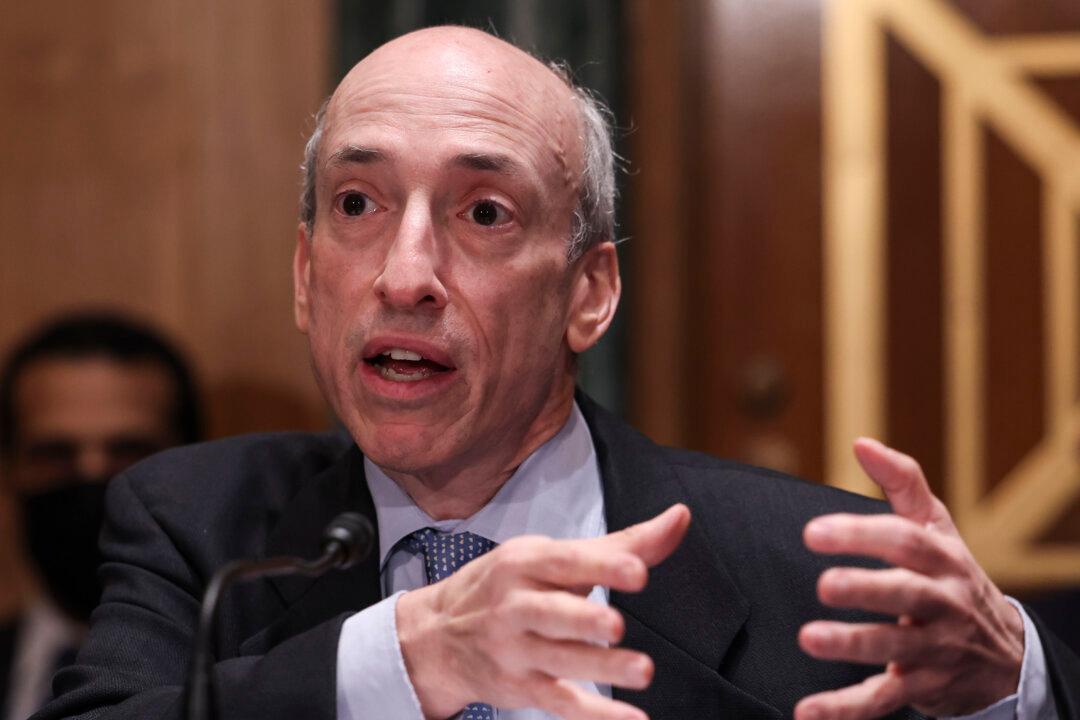Securities and Exchange Commission (SEC) chairman Gary Gensler has warned of the potential risks artificial intelligence (AI) may pose to the financial system in the future.
Mr. Gensler told The New York Times in an interview published Aug. 7 that he believes the United States will most likely end up with two or three “foundational” AI models in the future, meaning just a handful of companies will likely develop the technology used by most businesses and people.




